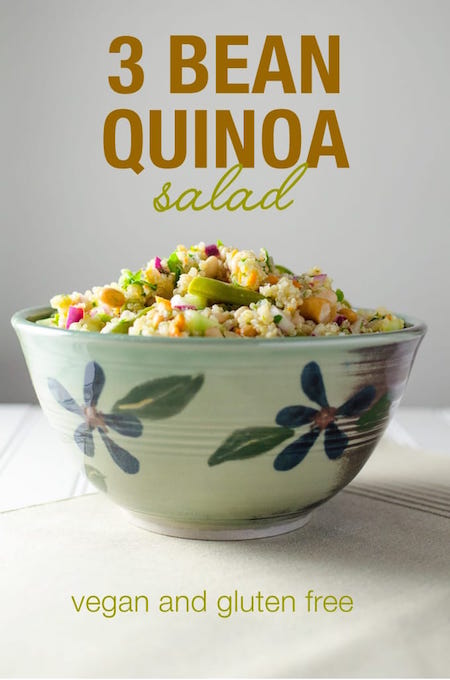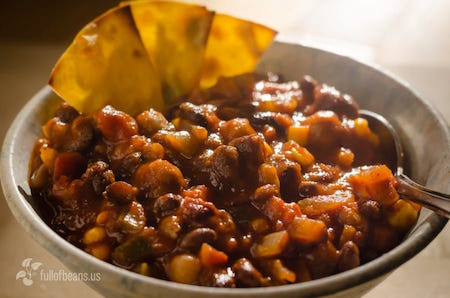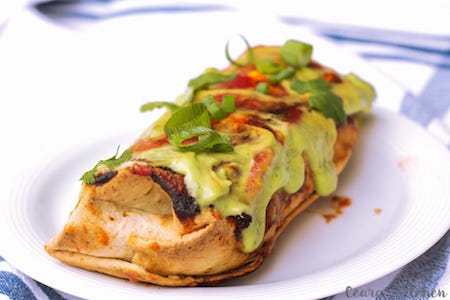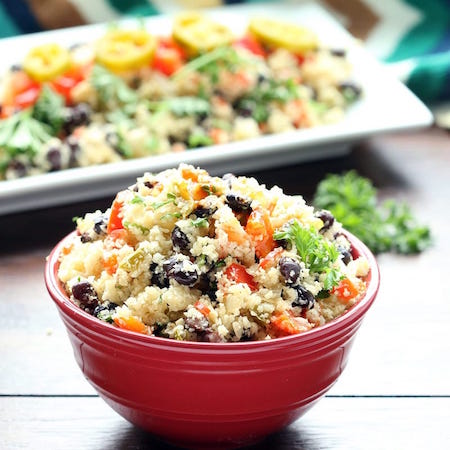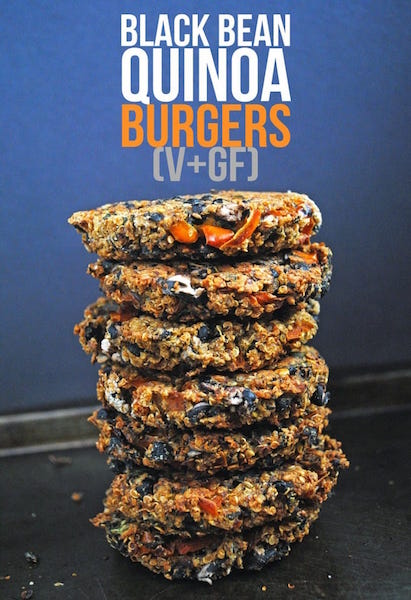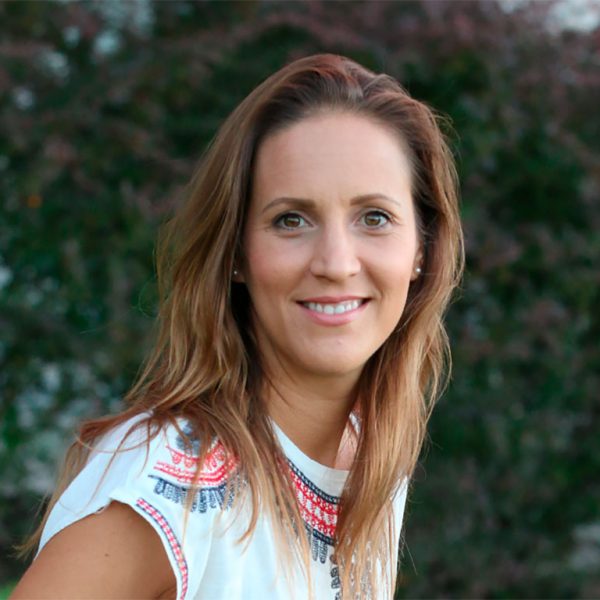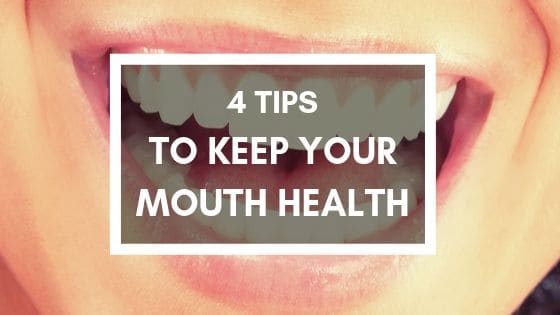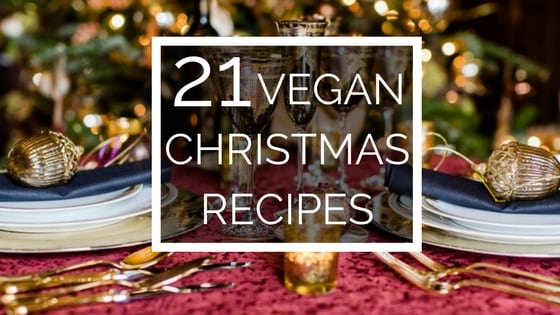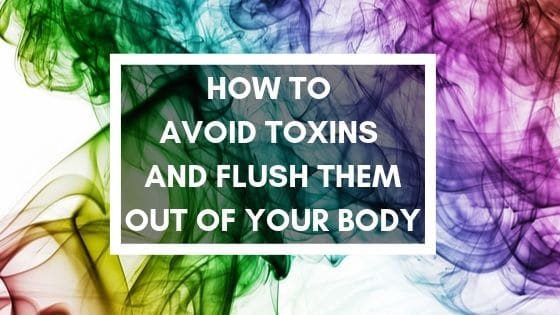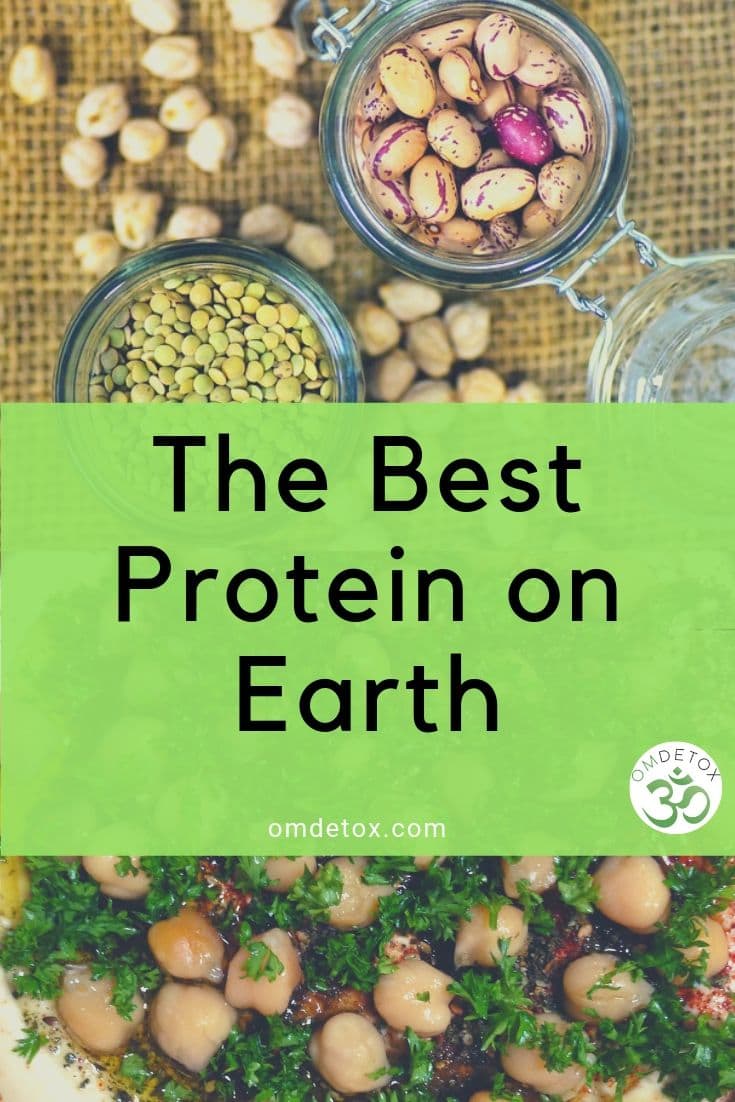
I’m sure you have noticed that in the last year or so, the demand for meatless protein foods has exploded!
People are more and more concerned about what they eat because of the effect it has on their health and on the planet.
It’s obvious that there is a shift towards veganism, a lifestyle or ideology that involves avoiding all products coming from animals.
And even if a whole food plant-based diet has been shown to be the healthiest diet for humankind, there is still place for education when it comes to nutrition, especially when it comes to vegan protein sources!
Where’s my protein at?
A growing number of people are searching for meat replacement to satisfy their need for protein. This is because more evidence now shows that consuming animal products raises the risks of heart disease, diabetes, obesity, and cancer.
Unfortunately, many people are still convinced that humans absolutely need to eat meat to survive because it is the best protein source (or the only one!)
But contrary to this belief, protein is also available in the plant kingdom!
The best vegan protein sources include legumes (beans, lentils, peas, and peanuts) soy products (tempeh, tofu, soy milk), nuts and seeds.
Cooking with vegan protein is pretty much the same as cooking with meat… You can make all the same recipes by just substituting the meat for something vegan…
The big difference is that your recipes will be healthier and tastier!
How much protein should you eat?
The right intake of protein should be based on your body weight.
Adults should consume 0.8 grams of protein per kilogram of body weight per day (except for pregnant and breastfeeding women who need 1.1 g/ kg/day. )
For children, the recommendations vary:
- Babies: 1.5 g/kg/d
- 1-3 year olds: 1.1 g/kg/d
- 4-13 year olds: 0.95 g/kg/d
- 14-18 year olds: 0.85 g/kg/d
A well-balanced diet should include vegetables, fruits, legumes, whole grains, herbs and spices, nuts and seeds.
Beans should be an important part of your daily diet because they are the best protein source out there.
My recommendations are 3 servings of beans per day.
What is 1 serving of beans:
- ½ cup of cooked beans, lentils, split peas, tofu, or tempeh
- 1/4 cup of hummus or bean dip
- 1 cup of fresh peas or sprouted lentils
What kind of beans should you eat:
All beans are good! Kidney beans, black-eyed peas, cannellini beans, edamame, pinto beans, butter beans, split peas, chickpeas, lentils, garbanzo beans, navy beans, and soybeans.
Recipes with beans include burgers, pasta sauces, salads, chilis, burrito fillings, and more. Visit our pre-cleanse menu for more vegan recipes high in protein.

Why are beans so healthy?
Beans are loaded with protein and important minerals like iron, potassium, and zinc.
They are also low in fat and sodium, which is what anybody should look for to reach optimal health.
I can say that beans are the perfect food!
They are a great replacement for meat because they provide complete protein (all essential amino acids, including Lysine) without the harmful cholesterol and saturated fat, heme iron, and carnitine.
Beans are also rich in fiber, which promotes healthy digestion, regularity, and weight loss.
Beans are known to lower blood pressure, insulin, and cholesterol levels, thus preventing some of our common western diseases!
Amazing high protein recipes with beans
